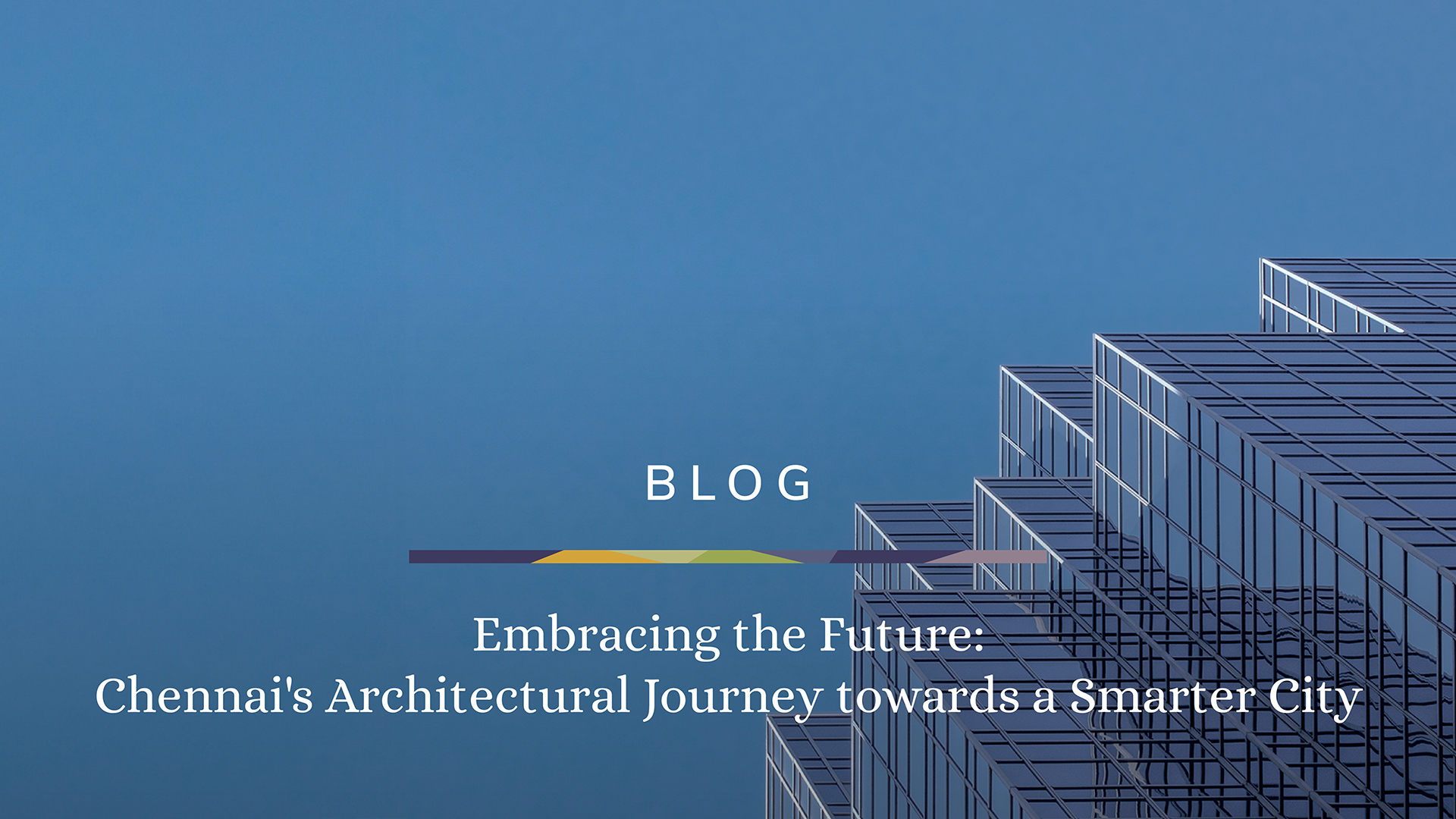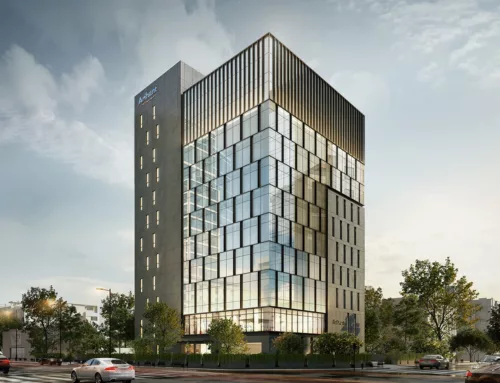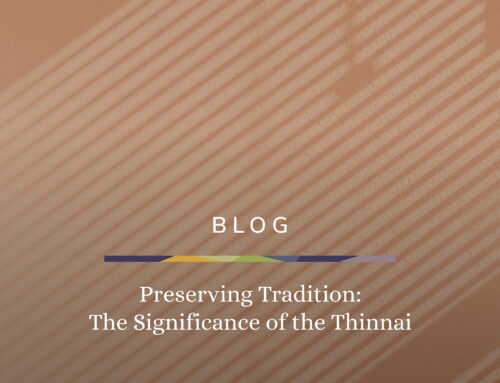
Embracing the Future: Chennai’s Architectural Journey towards a Smarter City
In the realm of urban development, the concept of “smart cities” has gained significant traction over the past decade. These cities integrate technology and innovative solutions to enhance the quality of life for residents while promoting sustainability and efficiency. Among the bustling metropolises adapting to this paradigm shift is Chennai, a vibrant cultural hub in southern India.
Chennai’s architectural journey towards becoming a smart city exemplifies a blend of tradition and modernity, as it navigates challenges and embraces opportunities for progress.
Chennai’s Historical Tapestry
Before delving into its contemporary architectural landscape, it’s essential to appreciate Chennai’s rich historical heritage. Formerly known as Madras, the city boasts a tapestry woven with colonial influences, indigenous architecture and a diverse cultural ethos. From the imposing structures of the British Raj to the sacred temples dotting its landscape, Chennai’s architectural narrative is a testament to its enduring legacy.
The Smart City Imperative
In the 21st century, urbanisation has accelerated at an unprecedented pace, posing formidable challenges such as congestion, pollution and resource scarcity. To address these issues, Chennai, like many other cities worldwide, embarked on a journey towards smart urbanisation. The vision is to leverage technology and sustainable practices to enhance infrastructure, optimise services and improve the overall quality of life for its residents.
Architectural Innovations
Central to Chennai’s transformation into a smart city is the infusion of architectural innovations that prioritise functionality, sustainability and aesthetics. This evolution is evident in various facets of the city’s landscape. Chennai has also integrated smart technology solutions to employ IoT-enabled sensors for real-time monitoring of air quality, traffic flow, and waste management.
Sustainable Infrastructure
Chennai has embraced sustainable architecture by incorporating green building practices, renewable energy solutions and efficient waste management systems. Projects such as eco-friendly buildings, solar-powered streetlights and rainwater harvesting structures underscore the city’s commitment to environmental stewardship. A notable example is the ITC Grand Chola Hotel, which is one of the largest LEED Platinum-certified green buildings in the world, showcasing innovative water and energy conservation practices.
Digital Connectivity
The advent of smart technology has revolutionised Chennai’s urban fabric, fostering digital connectivity through smart grids, IoT-enabled sensors and a high-speed internet infrastructure. These advancements facilitate real-time monitoring, data analytics and responsive governance, thereby enhancing operational efficiency and public services. The Chennai Corporation and other government agencies have implemented various digital initiatives to enhance governance and service delivery. This includes online portals for utility bill payments, property tax assessments, birth and death certificates, and other citizen services, making it more convenient for residents to access government services remotely.
Urban Revitalisation
Chennai’s architectural renaissance extends to the revitalisation of urban spaces, including heritage conservation, pedestrian-friendly designs, and mixed-use developments. Initiatives such as waterfront redevelopment, street art projects and cultural precincts rejuvenate the cityscape while preserving its cultural identity. Chennai’s natural waterfront areas, including the Marina Beach and the Cooum River, have been identified for revitalisation efforts. Projects aim to improve amenities, promote tourism, and enhance the ecological health of these areas through measures such as beautification, recreational facilities, and pollution control.
Challenges and Opportunities
Despite significant progress, Chennai’s journey towards smart urbanisation is not without challenges. Rapid urbanisation, inadequate infrastructure and socioeconomic disparities pose formidable obstacles that require holistic solutions. Moreover, balancing modernisation with heritage preservation necessitates careful planning and community engagement.
However, these challenges also present opportunities for innovation, collaboration and inclusive growth. By leveraging technology, sustainable practices and community participation, Chennai can overcome obstacles and realise its vision of becoming a truly smart and inclusive city.
By embracing sustainable practices, digital connectivity and urban revitalisation, the city is poised to thrive in the 21st century while preserving its cultural heritage. As Chennai continues to evolve, its architectural landscape serves as a testament to the transformative power of visionary planning, collaborative effort and a commitment to shaping a better future for generations to come.








